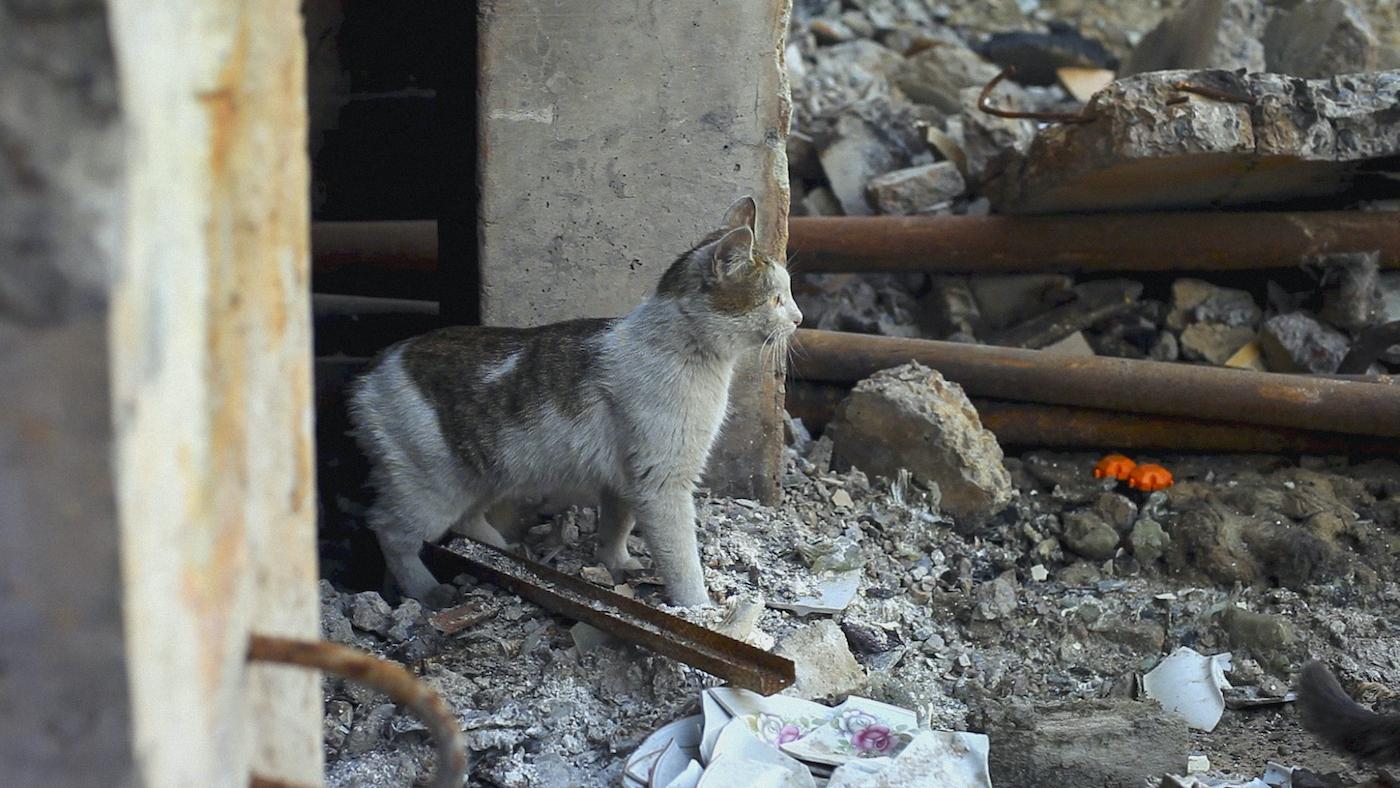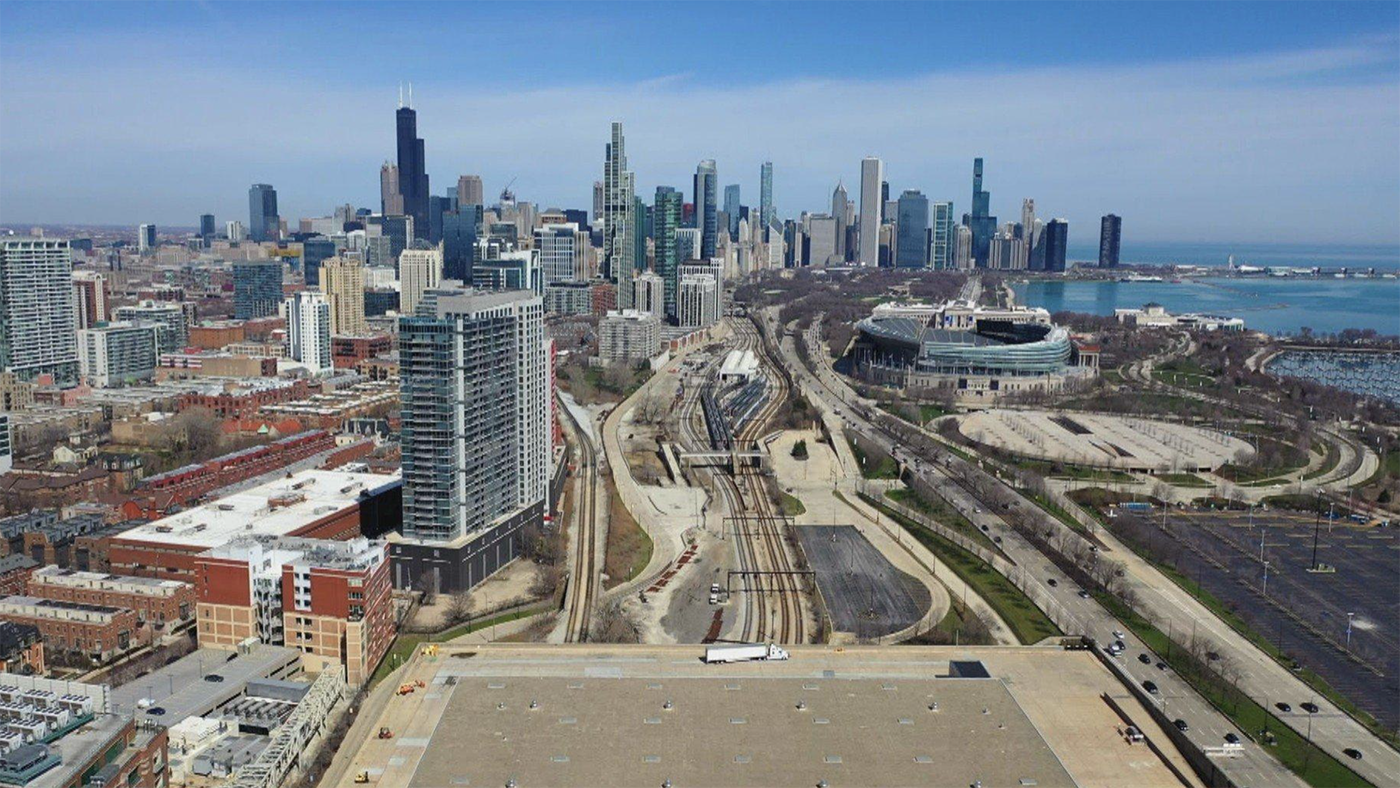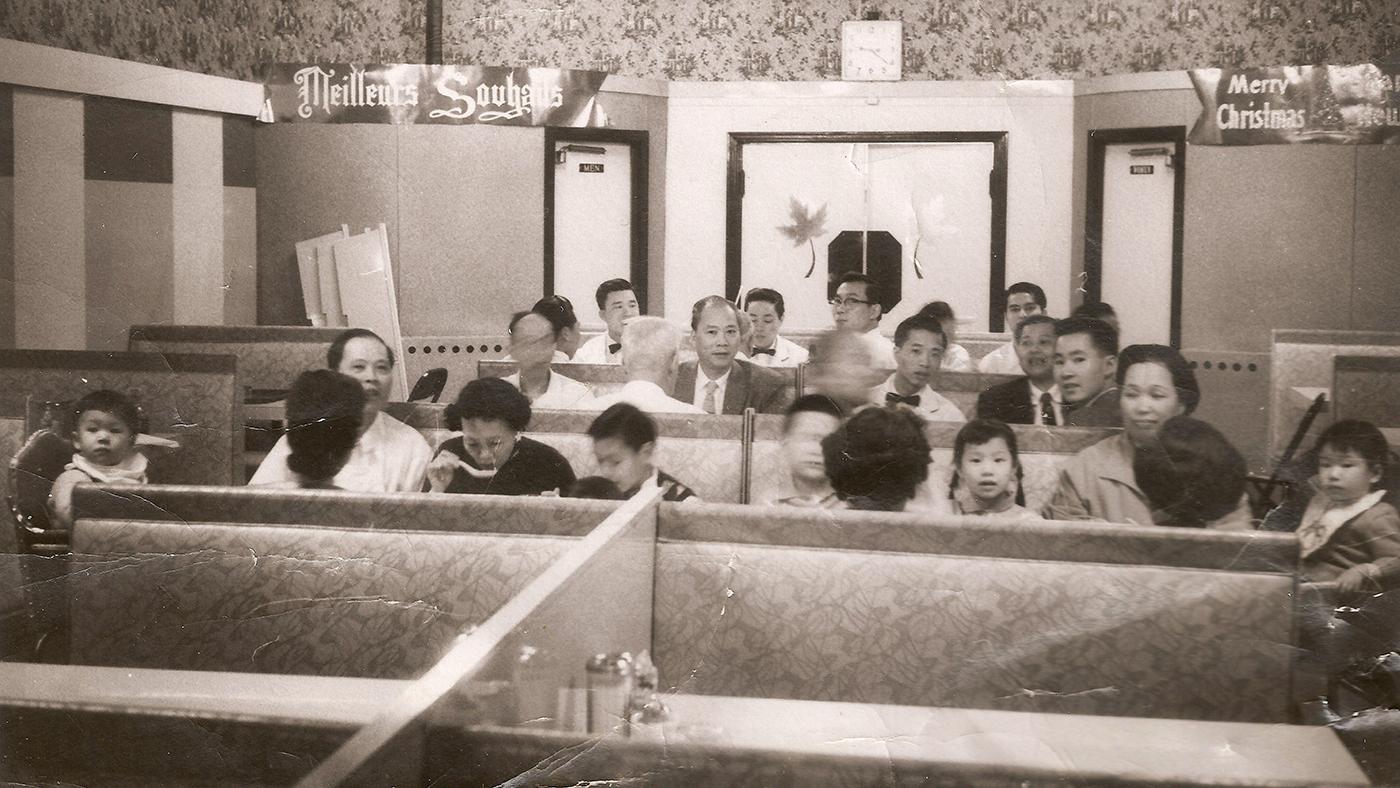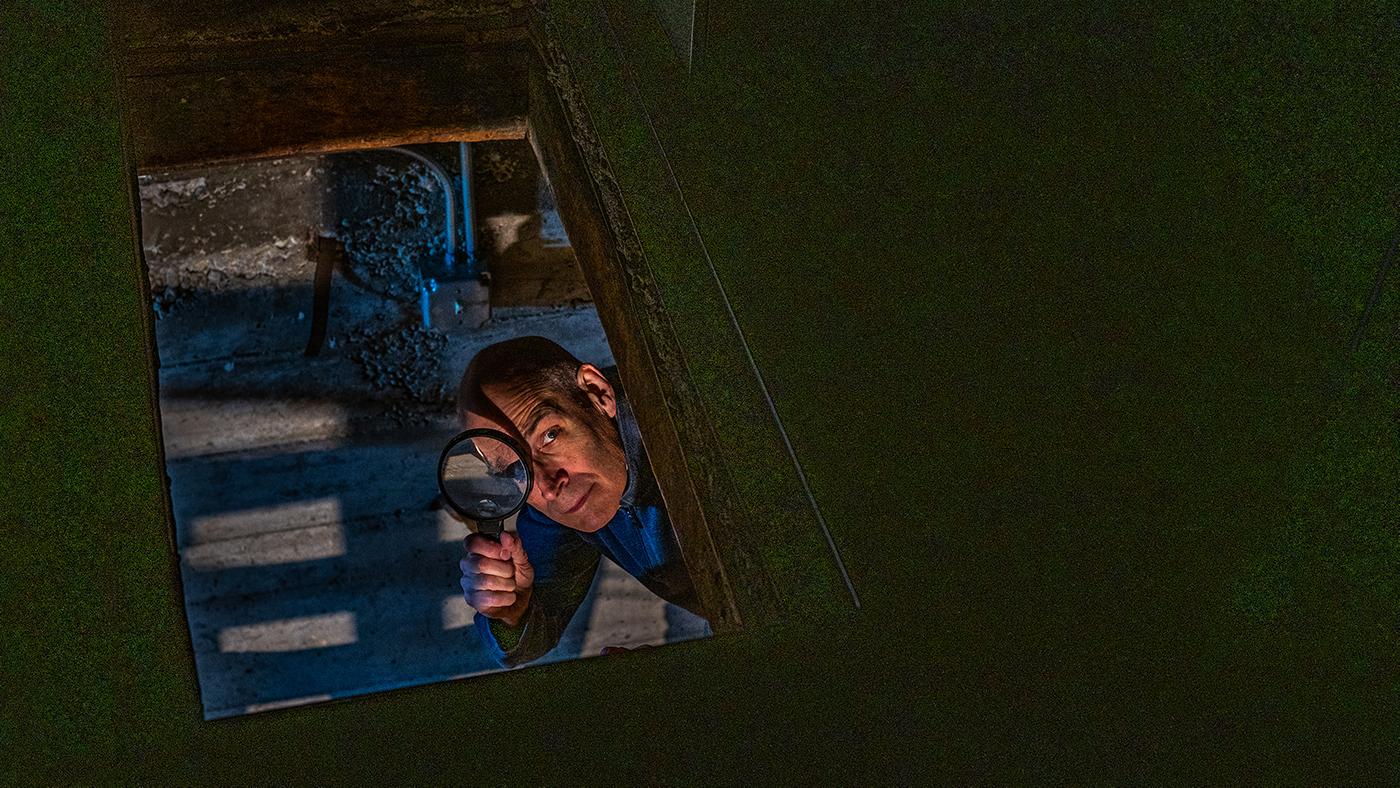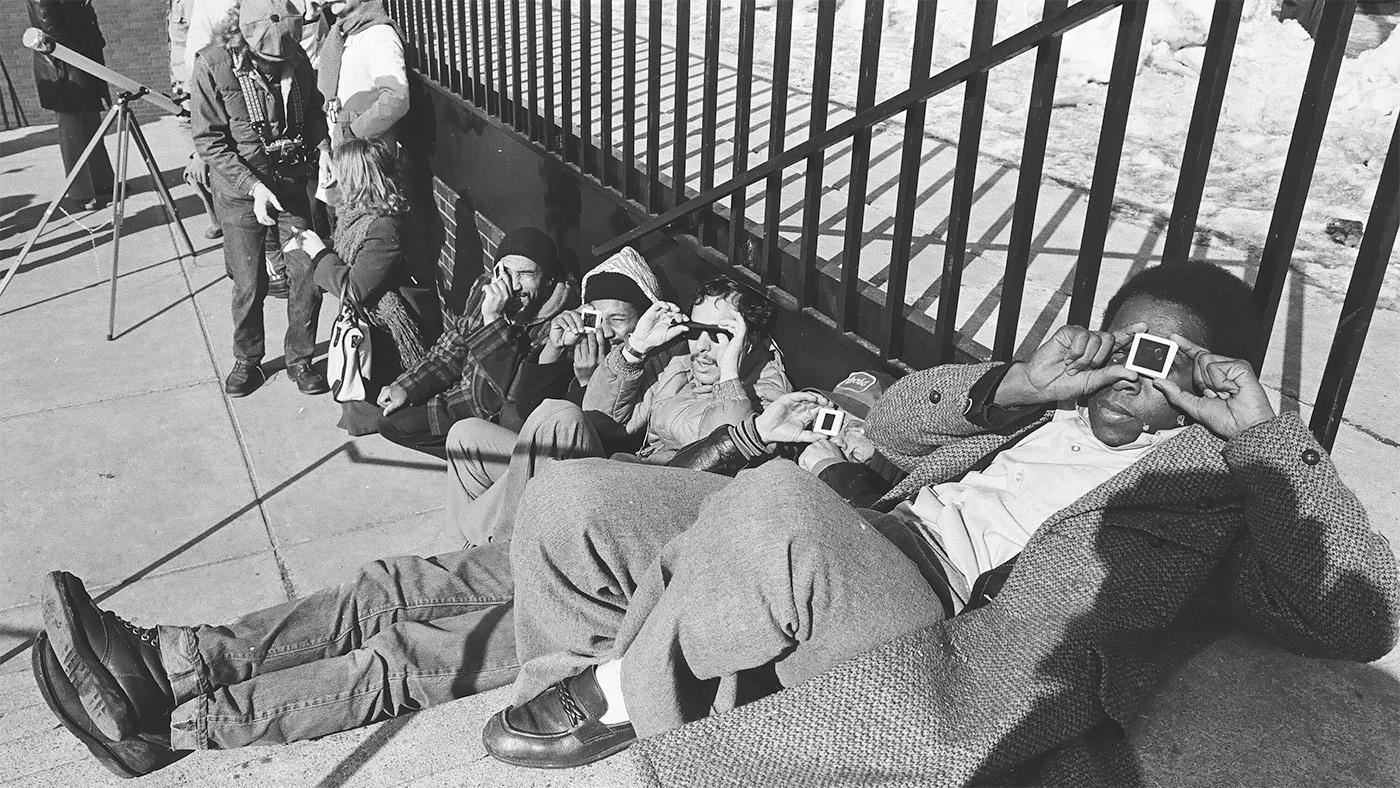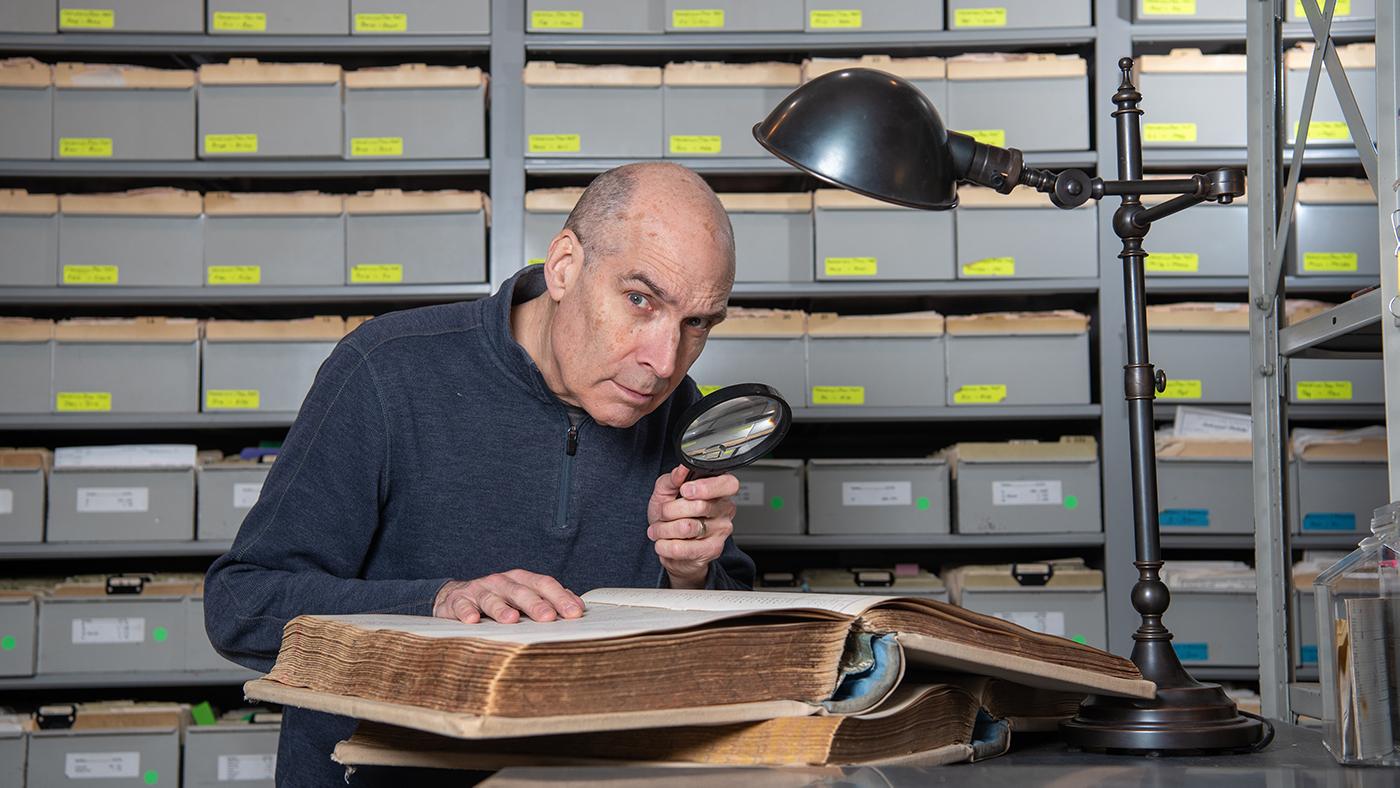What to Watch on WTTW for Jewish American Heritage Month
Meredith Francis
April 26, 2024
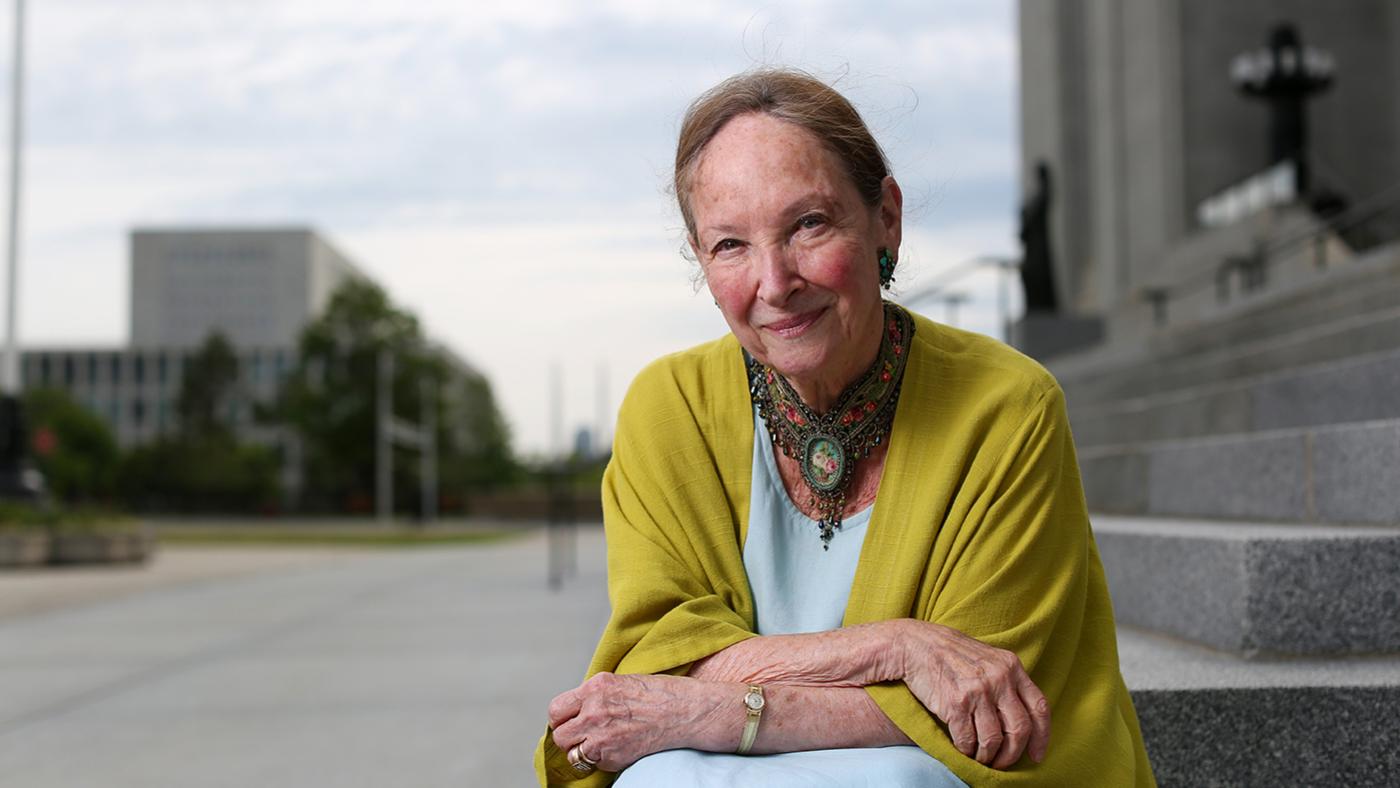
Celebrate Jewish American Heritage Month this May on WTTW with a wide array of programming that explores stories of friendship, survival, and even tales from the Wild West. New programs premiere this month, including a portrait of a fascinating Canadian Supreme Court Justice, as well as a documentary that explores the resilience of a Pittsburgh community after the 2018 Tree of Life synagogue shooting.
Be sure to check the schedule for additional air times. Many shows are also available to stream via the PBS app or at wttw.com/watch any time.
Code Name: Ayalon
Sunday, April 28 at 3:00 pm on WTTW
Code Name: Ayalon tells the harrowing story of how a secret bullet factory was built, concealed, and operated under a kibbutz near Tel Aviv to defend the fledgling nation of Israel in a pivotal effort in the battle for statehood. Surviving members of the group of 45 teenagers who risked their lives for the mission share their stories along with re-enactments and historical commentary.
Without Precedent: The Supreme Life of Rosalie Abella
Sunday, April 28 at 4:00 pm on WTTW
The child of Holocaust survivors, Justice Abella was born in 1946 in Stuttgart, Germany, in a displaced persons camp. Her family came to Canada in 1950 as refugees. The perspective gained from her personal history shaped her legal career and in public speeches, she often intertwines her personal story with a discussion of human rights, morality, and constitutional law.
The U.S. and the Holocaust Marathon
Sunday, May 5 starting at 9:30 am on WTTW
The U.S. and the Holocaust is a three-part, six hour series that examines America’s response to one of the greatest humanitarian crises of the twentieth century. Americans consider themselves a “nation of immigrants,” but as the catastrophe of the Holocaust unfolded in Europe, the United States proved unwilling to open its doors to more than a fraction of the hundreds of thousands of desperate people seeking refuge.
Prisoner of Her Past
Sunday, May 5 at 4:30 pm on WTTW
Prisoner of Her Past tells the story of a secret childhood trauma resurfacing, 60 years later, to unravel the life of Holocaust survivor Sonia Reich. The film follows her son, Chicago Tribune jazz critic Howard Reich, as he journeys across the United States and Eastern Europe to uncover why his mother believes the world is conspiring to kill her. Along the way, he finds a family he never knew he had.
The Man Who Saved 669 Children
Monday, May 6 at 9:00 pm on WTTW
He never considered himself a hero, yet on the eve of World War II Nicholas Winton became the man who saved 669 children. Winton, a young London banker, was on the verge of departing for a skiing vacation on Christmas, 1938 when a friend called him from Prague asking for help. In the Czechoslovakian capital, Winton sets up an extraordinary rescue operation for Jewish children threatened by the Nazis. From his hotel room, he organizes the departure of trains to England and becomes a forger when he lacks authorizations and visas. His efforts allowed 669 children to board eight trains and make their way to London to find host families, new lives, and hope.
Meet & Eat at Lee’s Garden
Sunday, May 12 at 6:00 pm on WTTW
Filmmaker Day Lee recalls her memories of her family's restaurant Lee's Garden, one of the first Chinese restaurants to open outside of Montreal’s Chinatown in the 1950s. As Chinese restaurants and the food they serve continue to evolve, it is these early restaurants and their cuisine that has captured the hearts and memories of people everywhere. Through interviews with former customers and families who owned other restaurants, Meet & Eat at Lee’s Garden explores how these early restaurants played an important role in the social history of Chinese and Jewish communities.
Will it Live on: Growing Up in a Small Town Jewish Community
Sunday, May 19 at 3:00 pm on WTTW
Will It Live On is a story of uncertainty and hope. Shot in Michigan and Haifa, it’s told from the perspective of Jonathan Levin, who grew up in Benton Harbor, Michigan and relocated to Israel. The documentary looks at lifelong friendship between two families as a window into a Jewish community that once boasted three synagogues and now faces a questionable future.
Stories of Survival
Sunday, May 19 at 4:00 pm and 4:30 pm on WTTW
In the summer of 1944, at the height of the deportation of Hungarian Jewry, Magda Brown and George Brent arrived as teenagers to the notorious Auschwitz-Birkenau killing center. Through their eyes, the episode “Final Transports” brings viewers on a compelling journey across multiple countries and camps, revealing the intensely human aspects of survival, resistance, chance, and luck in the face of Nazi tyranny. In the episode,“Childhood Lost,” within hours of the Nazi invasion and occupation of Western Europe, George Mueller and Steen Metz had to fight for survival within the Nazi camp system.
Repairing the World: Stories from the Tree of Life
Sunday, May 19 at 5:30 pm on WTTW
This program documents Pittsburgh’s powerful community response to hate in the aftermath of the assault on three congregations at the Tree of Life synagogue in 2018, when 11 people were killed and six wounded in the deadliest anti-Semitic attack in U.S. history.
Jews of the Wild West
Sunday, May 19 at 10:30 pm on WTTW Prime
Jewish pioneers of the Wild West are a largely forgotten chapter in U.S. history. Yet they played a definitive role shaping the expansion of America. By 1912, it is estimated that more than 100,000 Jews had migrated to the Wild West. This documentary tells a positive immigration story and highlights the contributions Jewish Americans made to shaping the Western United States.
The Broken Promise
Thursday, May 23 at 9:00 pm on WTTW
The Broken Promise draws from the forward-thinking ideas of scholars and policymakers, revealing why genocides occur and the ideas and institutions that stand against it. And, how the trauma of genocide is passed from one generation to another. The Broken Promise shines a light on the ways we can defend ourselves against genocide — and finally, ensure that “never again” is now.

